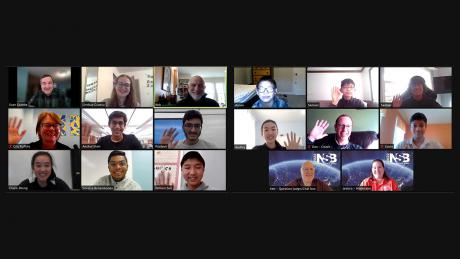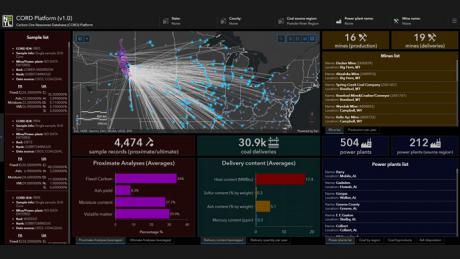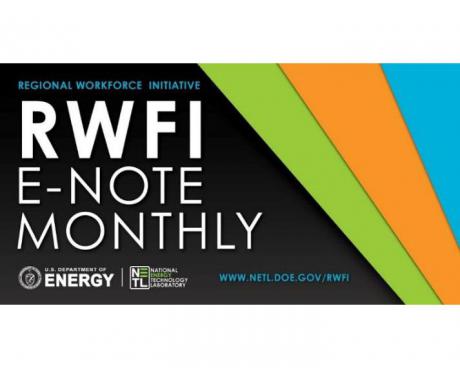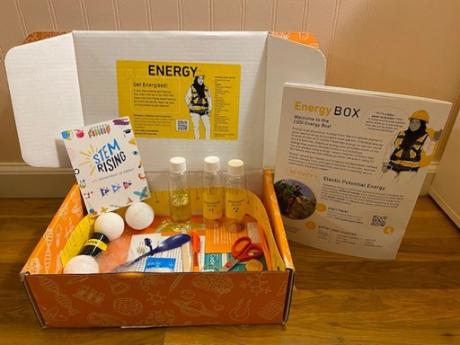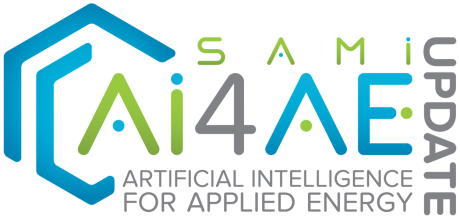North Allegheny Senior High School Team One and Marshall Middle School Team One, both from Wexford, claimed victory at the 31st annual Western Pa. Bowl (WPASB), held Feb. 26 and March 5, 2022, in a virtual setting. Forty-one teams from 27 high schools and 30 teams representing 17 middle schools throughout Western Pennsylvania participated in the competition, sponsored by the U.S. Department of Energy’s (DOE) National Energy Technology Laboratory (NETL).
The winners of the 2022 WPASB competition will represent Western Pennsylvania in DOE’s National Science Bowl scheduled for April 29-May 3 which will also be in a virtual format.
The WPASB tested students’ knowledge of math and science topics. High school teams competed Saturday, Feb. 26, followed by middle school students a week later. This year’s Science Bowl continued with the altered format that went in effect last year; teams competed individually instead of head-to-head with the highest scoring teams moving up. The final winning teams in the two events will compete in the National Science Bowl.
About
News and Events
Research and Programs
Featured Initiatives Advanced Alloy Signature Center (AASC) Center for Fuels and Chemicals (CFC) Center for Microwave Chemistry (CMC) Coal for High-Value Products Critical Minerals and Materials Natural Gas Science-based Artificial Intelligence and Machine Learning Institute (SAMI) Subsurface Science Turbine System Optimization
Major Fossil Energy Programs Carbon Management Resource Sustainability
Core Competencies Computational Science and Engineering Energy Conversion Engineering Geological and Environmental Systems Materials Engineering and Manufacturing Strategic Systems Analysis and Engineering Program Execution and Integration
Core Competencies Computational Science and Engineering Energy Conversion Engineering Geological and Environmental Systems Materials Engineering and Manufacturing Strategic Systems Analysis and Engineering Program Execution and Integration
Energy Technology Development Office of Critical Minerals and Energy Innovation Battery Workforce Initiative Office of Cybersecurity, Energy Security, and Emergency Response Office of Electricity
University Training & Research Historically Black Colleges and Universities and Minority Serving Institutions Program University Carbon Research Program
University Training & Research Historically Black Colleges and Universities and Minority Serving Institutions Program University Carbon Research Program
Business
Library
Explore our Library

Approved Categorical Exclusions Environmental Assessments Environmental Impact Statements Oil and Gas Projects Summaries NETL Fact Sheets Publication Search Energy Data Exchange (EDX) FECM External R&D Final Technical Reports Project Landing Page Summary Information for External R&D Awards NETL R&D Publication Search Peer Review Reports
- Research and Programs
- Featured Initiatives
- Core Competencies
- Core Competencies
- Energy Technology Development
- University Training & Research
-
- Business
- Technology Transfer
-
- Library
- Energy Analysis
-
- About
- News and Events
- Education



